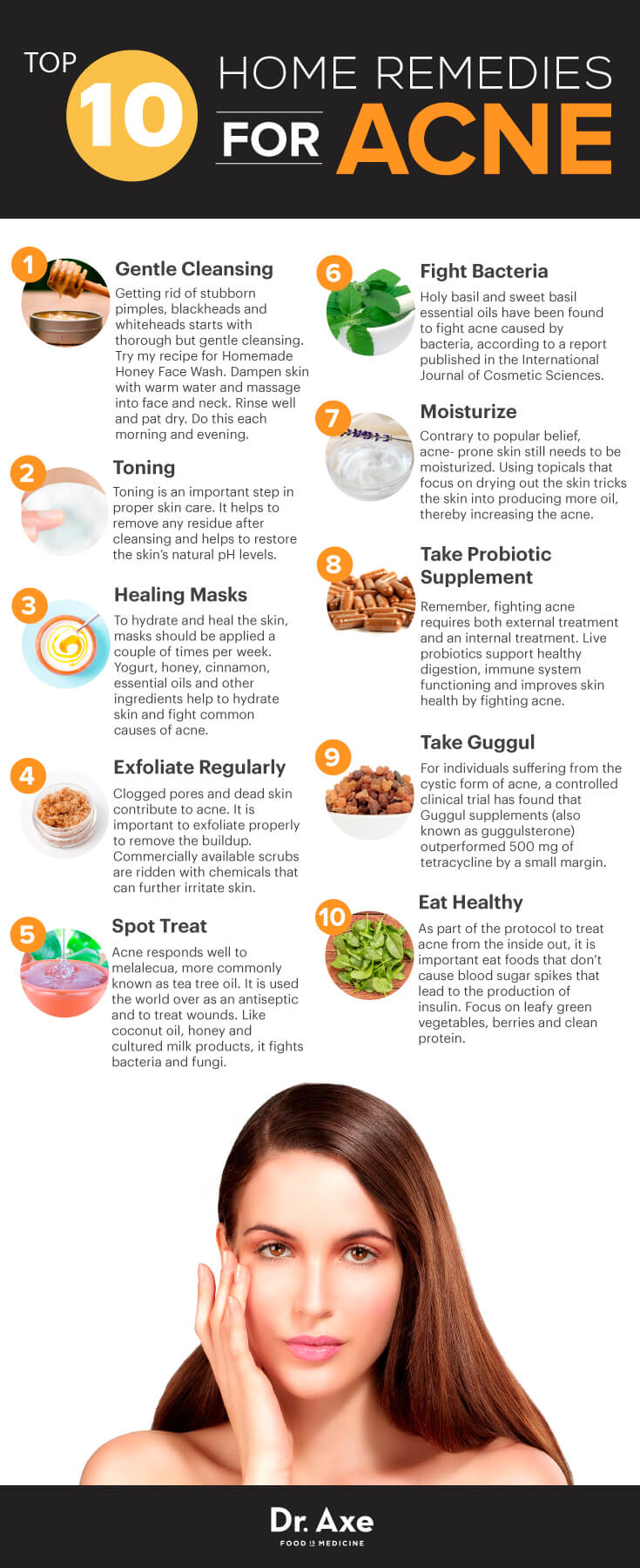Sensitive Skin and How to Treat Acne

What is Sensitive Skin?
Sensitive skin is a term used to describe skin that is easily irritated by outside factors such as weather, skincare products, or certain fabrics. Symptoms of sensitive skin can include redness, itching, and dryness. It's important to note that sensitive skin can be caused by a variety of factors, including genetics, hormones, and environmental factors.
What Causes Acne?
Acne is a common skin condition that occurs when hair follicles become clogged with oil and dead skin cells. This can lead to pimples, blackheads, and whiteheads. Acne can be caused by a variety of factors, including genetics, hormones, and certain medications. It's important to note that while acne is not caused by poor hygiene, keeping your skin clean can help prevent breakouts.
Treating Acne on Sensitive Skin
If you have sensitive skin, it's important to be gentle when treating acne. Harsh products or treatments can cause irritation, redness, and even more breakouts. Here are some tips for treating acne on sensitive skin:
- Use a gentle cleanser: Look for a cleanser that is specifically formulated for sensitive skin. Avoid products that contain harsh ingredients like salicylic acid or benzoyl peroxide.
- Moisturize: Keeping your skin hydrated can help prevent dryness and irritation. Look for a moisturizer that is oil-free and non-comedogenic.
- Avoid touching your face: Touching your face can transfer bacteria and oil to your skin, which can lead to breakouts. Try to avoid touching your face throughout the day.
- Consult a dermatologist: If your acne is severe or not responding to over-the-counter treatments, it may be time to consult a dermatologist. They can recommend prescription medications or treatments that are safe for sensitive skin.
The Benefits and Drawbacks of Treating Acne on Sensitive Skin
There are both benefits and drawbacks to treating acne on sensitive skin. On the one hand, using gentle products can help prevent irritation and redness. On the other hand, it can be more difficult to find products that effectively treat acne without causing irritation.
FAQs
Q: Can I use natural remedies to treat acne on sensitive skin?
A: While natural remedies like tea tree oil or honey can be effective for some people, they can also cause irritation or allergic reactions in others. It's important to patch test any new products or remedies before using them on your entire face.
Q: Can stress cause acne on sensitive skin?
A: Yes, stress can trigger acne breakouts on sensitive skin. This is because stress can lead to an increase in hormones like cortisol, which can cause inflammation and breakouts.
Q: Should I exfoliate sensitive skin to treat acne?
A: Exfoliating can help remove dead skin cells and unclog pores, but it's important to be gentle when exfoliating sensitive skin. Look for a gentle exfoliating product or use a soft washcloth to avoid irritating your skin.
Q: Is it safe to use acne spot treatments on sensitive skin?
A: It depends on the product. Some acne spot treatments can be too harsh for sensitive skin and can cause further irritation. Look for products that are specifically formulated for sensitive skin or consult with a dermatologist before using any new products.
Overall, treating acne on sensitive skin can be a challenge, but with the right products and techniques, it's possible to achieve clear, healthy skin. Remember to be gentle, avoid harsh products, and consult with a dermatologist if you're experiencing severe or persistent acne.
